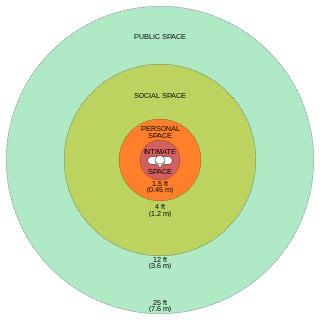조작주의
조작주의(操作主義, operationalism) 또는 조작화(操作化, operationalization)는 존재나 다른 현상에 의해 인지되지 않지만 직접 측정이 불가능한 현상의 측정을 정의하는 과정이다.

조작주의적 개념은 영국의 물리학자 N. R. 캠벨(N. R. Campbell)이 작성한 'Physics: The Elements'(케임브리지, 1920년)을 통해 처음 제시되었다. 이 개념은 그 뒤로 인문학과 사회과학으로 퍼져나갔다. 조작화는 물리학에서 여전히 사용되고 있다.[2][3][4][5][6][7]
같이 보기
편집각주
편집- ↑ Antonio Damasio (1999) The Feeling of What Happens: Body and Emotion in the Making of Consciousness ch.2, p.55
- ↑ Inguane, R., Gallego-Ayala, J., & Juízo, D. (2013). Decentralized water resources management in Mozambique: challenges of implementation at river basin level. Physics and Chemistry of the Earth, Parts A/B/C.
- ↑ Wright, R. (2007). Statistical structures underlying quantum mechanics and social science. International Journal of Theoretical Physics, 46(8), 2026-2045.
- ↑ Atmanspacher, H. (1994). Is the ontic/epistemic distinction sufficient to describe quantum systems exhaustively?. In Symposium on the Foundations of Modern Physics (pp. 15-32).
- ↑ Svozil, K. (1990). The quantum coin toss-testing microphysical undecidability. Physics Letters A, 143(9), 433-437.
- ↑ Downing, K. L. (1992). A qualitative teleological approach to cardiovascular physiology. Recent advances in qualitative physics, 329.
- ↑ Martens, H., & de Muynck, W. M. (1990). The inaccuracy principle. Foundations of physics, 20(4), 357-380.
외부 링크
편집- Bridgman, P.W. (1927). “The Logic of Modern Physics”.